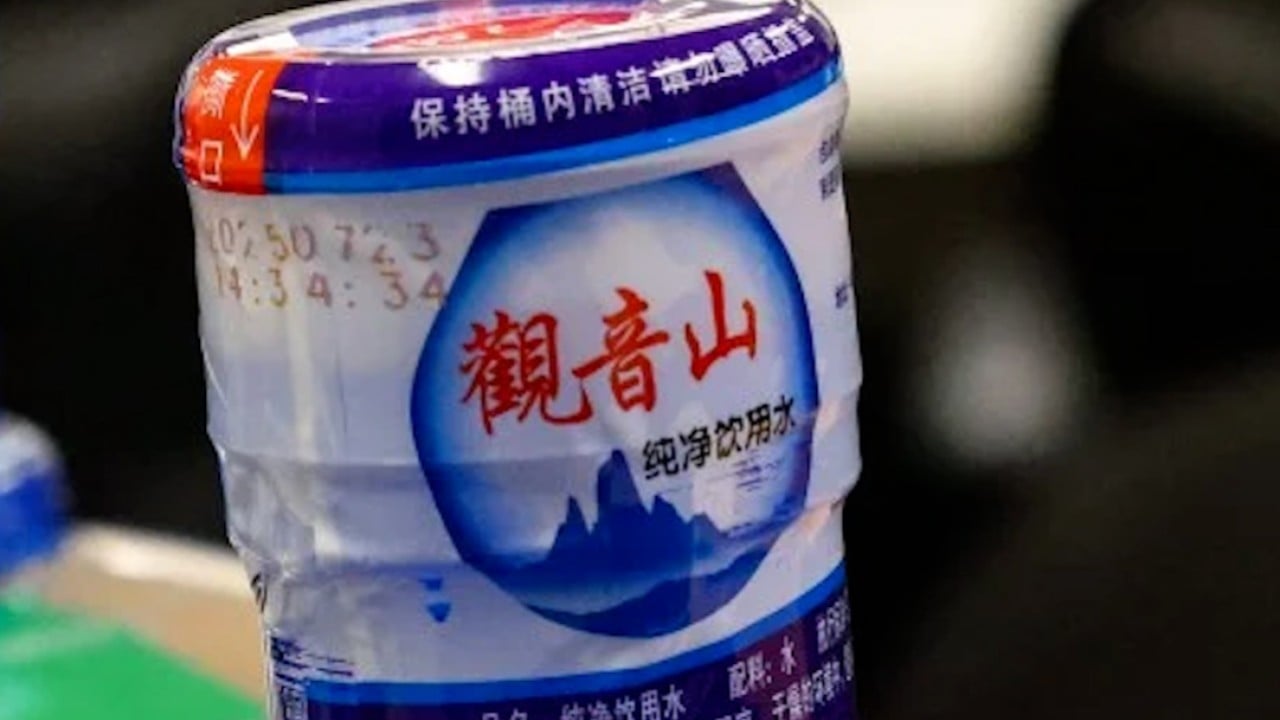Hong Kong’s bottled water procurement scandal has garnered widespread public attention. Beyond the immediate concerns over the process and contract management, it offers an opportunity to reflect more broadly on civil service culture. The episode should be viewed not only as a problem to resolve but also as an opportunity to promote attentiveness, ownership and flexibility in public administration.
Advertisement
The 2025 tender awarded contracts mainly based on the lowest bid. Requirements were described as “simple and clear”. This approach ensured consistency and apparent fairness, but left the system vulnerable to risks such as supplier misrepresentation and product safety issues. The process became a concern not because rules were missing, but because there was little room for thoughtful judgment.
Procedures are created as safeguards to help officials ensure fairness and avoid accusations of bias. But over time, a reliance on procedures might foster an environment where strict adherence to rules feels safer than exercising judgment.
If asked to buy water for their families, few officials are likely to opt for the cheapest, most obscure brand; they are likely to give much weight to quality and reliability. But in government procurement, the responsibility often feels less direct as it is shared across multiple approval stages. The link between individual decision-making and outcomes becomes weaker, along with the motivation to remain vigilant.
This tendency also influences broader practices. The long-standing “lowest price wins” convention, when applied across government and subsidised organisations alike, promotes minimal scrutiny. Officials might hesitate to reject the cheapest bid without clear justification, even when common sense advises caution. In highly competitive markets, some companies may submit unrealistically low bids, which can result in corners being cut. Hong Kong has faced similar problems, notably in public housing.
Advertisement
In the 1999 short-piling scandal in Sha Tin, two public housing blocks had to be demolished after contractors used piles that were up to 13m too short. The fraud resulted in criminal convictions and resignations, but also raised significant concerns about safety and quality, undermining public trust in housing safety.


